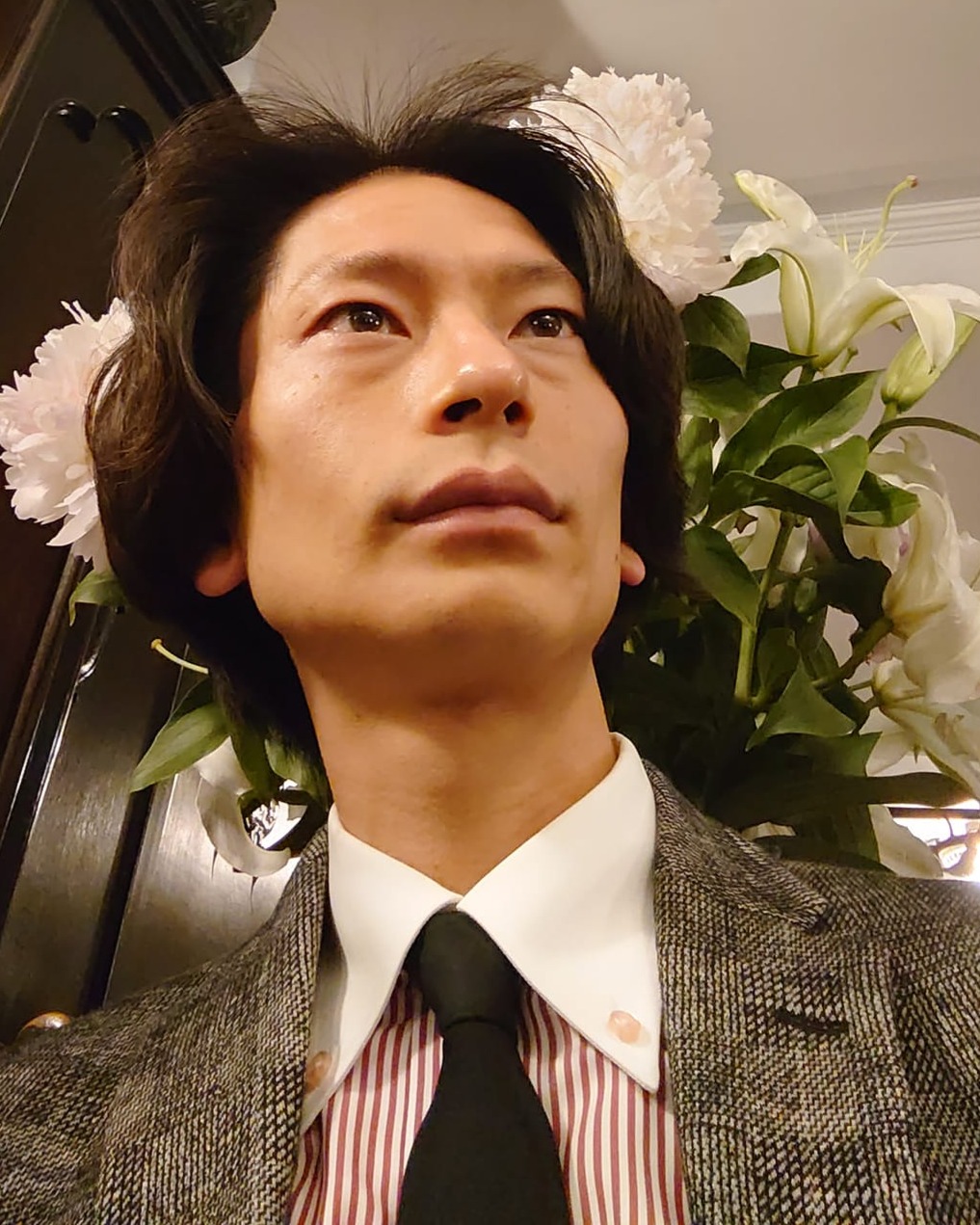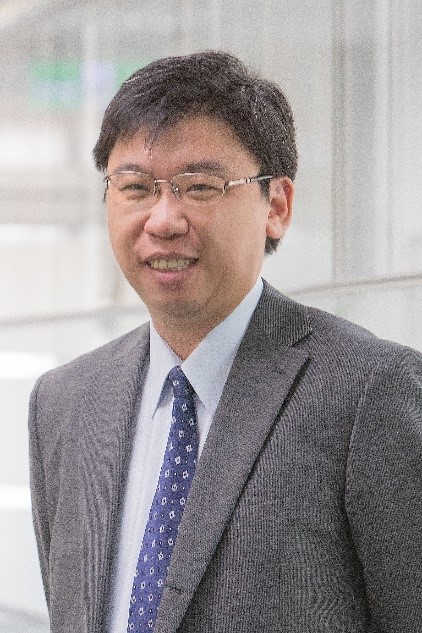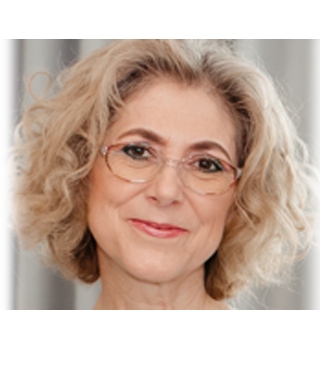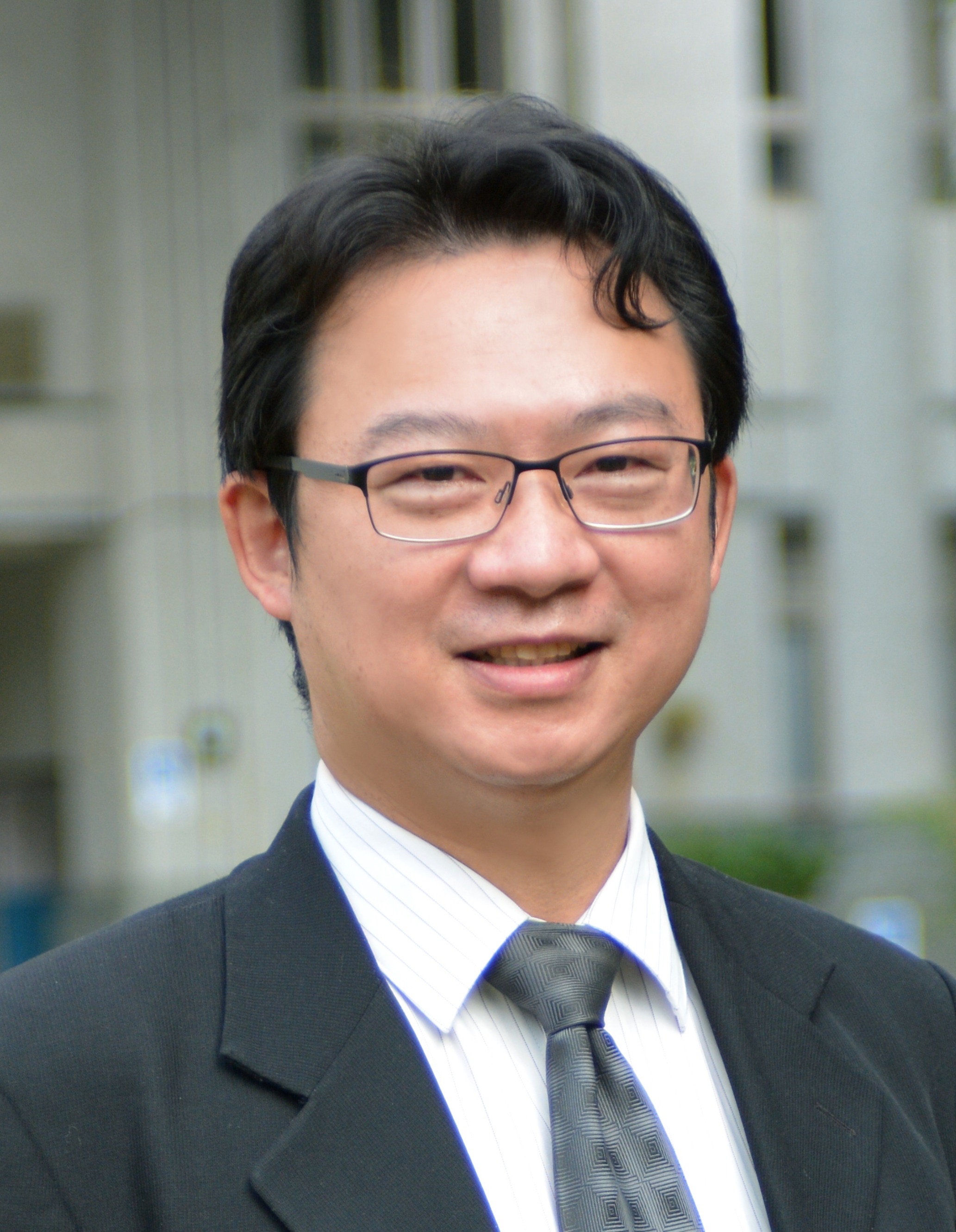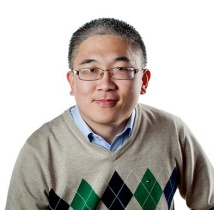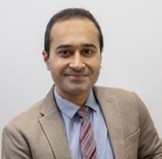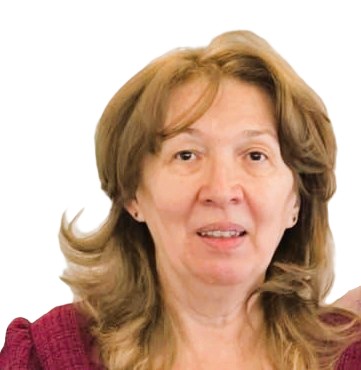Prof. Yoshihiro Hamaguchi
Department of Economics, Faculty of Economics, Hannan UniversitySpeech Title:
Prof. Meng-Wei Wan
Department of Environmental Engineering and Science, Chia-Nan University of Pharmacy and ScienceSpeech Title:
Prof. Alina Bărbulescu
Department of Civil Engineering, Transilvania University of BrasovSpeech Title:
Distinguished Prof. Ku-Fan Chen
Institute of Environmental Engineering, National Sun Yat-sen UniversitySpeech Title:
Prof. Haibo Niu
Department of Engineering, Faculty of Agriculture, Dalhousie UniversitySpeech Title:
Dr. Sonil Nanda
Department of Engineering, Faculty of Agriculture, Dalhousie UniversitySpeech Title:
Prof. Carmen Elena Maftei
Faculty of Civil Engineering, Transilvania University of BrașovSpeech Title: Historical and Technological Shifts from Analog to Digital Maps in Water Management
Abstract: Water is one of our most precious resources, and managing it efficiently is essential Water management maps are important for all the actors involved in this activity. From decision-makers to operators, the stakeholders need to collect, visualize, and analyze data to decide a solution. In 2020 European Commission adopted Water Framework Directive, which represents the main legislation related to water policy in all european countries. This Directive substantially changed European water management from an administrative boundary to a river basin-based approach. River basin maps are essential instruments for water management but over the years, their manufacturing methods have undergone substantial changes. Initially, the maps are drawn by hand. By combining visual evaluations with topographic indicators, researchers and engineers would trace the outlines of drainage basins, analyze water flow patterns, and delineate the boundaries of watersheds. This method was less accurate, time-consuming, and often relied on interpretation. The potential to use databases, satellite imagery, photogrammetry, and other digital sources in contemporary research is expanding due to rapid technological advancements. Nevertheless, analog maps remain the primary source for reconstructing historical conditions and conducting long-term retrospective assessments.
In this retrospective we discuss the long-term analysis of main parameters used to assess the drought over the Dobrogea region. The Dobrogea region is situated in the southeastern part of Romania. This territory is surrounded by water on all three sides: the Danube River forms the frontier to the North and West, and to the East, Black Sea bathes the shores of ancient Scythia Minor. To the South Dobrogea shares a frontier with Bulgaria. The Dobrogea region is the driest area in Romania. Here, the average temperature is around 12oC and the precipitation is between 400-450mm. The data used for a long-term analysis consists of temperature and precipitation. These parameters are offered by the National Administration of Meteorology. Ten principal stations cover Dobrogea area. Analysis conducted on these two climatic parameters revealed that the temperature is increasing (the increasing is more than 1. 0C). The long-term precipitation analysis shows that the trend of precipitation differs from subregion to subregion. The mapping of spatio-temporal precipitation and temperature, for the period 1965-2025, differs from the old maps. Through statistical methods we determined several breaks in the time series. The maps generated with GIS for the period after the breaks show that higher temperatures appear on the Black Sea coast compared to those before the break. The results concerning drought indicators reveal that the results obtained via remote sensing techniques contribute to a better understanding of drought evolution in Dobrogea region.
Speakers will be updated…

